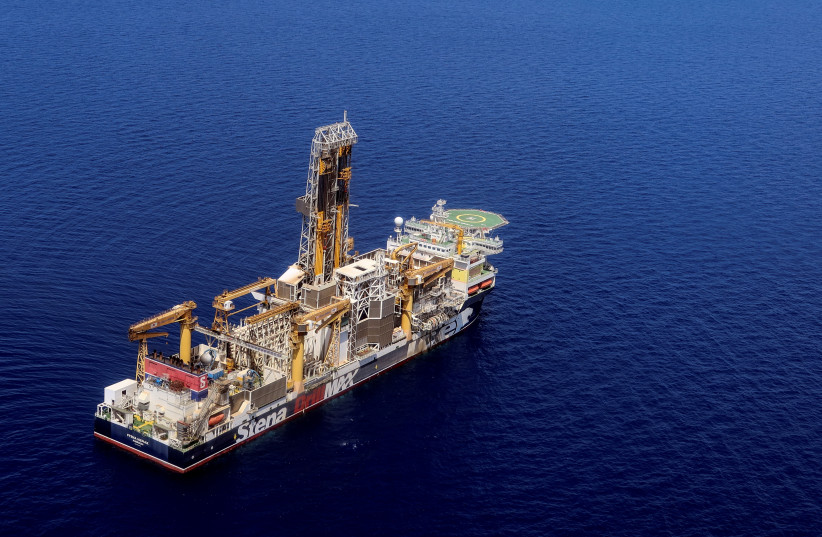The Russian invasion of Ukraine has triggered several unexpected results. Among them is the renewed interest, mostly in Europe, in the south-eastern Mediterranean (which is part of the Southern Neighborhood of the EU). It is this region that the European Union and NATO have always viewed as part of their strategic environment, but failed to translate into a concrete action plan.
The 1991 Madrid Conference and the 1995 Barcelona process created hopes for regional cooperation, with Europe as its linchpin. But these hopes were soon abandoned as the Israeli-Palestinian negotiations failed to produce a comprehensive agreement, and Europe became preoccupied with the ramifications of the Soviet Union’s collapse.
The EU decision in the wake of Russia’s invasion of Ukraine to reduce dependence on Russian oil and gas has created the need for alternative sources, and the East Mediterranean was “discovered.” The total quantity of natural gas produced by Israel and Egypt that is available for export may reach quite rapidly 20 billion cubic meters.
This is far below the Russian annual supply of 140 bcm., but together with the US promise of 15 bcm. this year it is a solid start. In an effort to secure a deal, the EU Commission president paid a visit to Israel and Egypt and signed an initial agreement.
This long-term deal will further strengthen the Egyptian-Israeli cooperation and may entice the Palestinians to move ahead and develop their gas field, which is small but significant to the Palestinian economy. It may even influence the Lebanese government to show a less rigid and impractical position in the maritime dispute with Israel.

The problems with conveying gas to Europe
ONE OF the major problems in conveying the gas to Europe is the limited capacity of the only liquefaction installations in the region, located off the Egyptian coast. Even if the East Med pipeline idea were to be found feasible, it would have taken several years for it to become operational.
In these circumstances, the option of conveying gas to the already existing web of gas pipelines in Turkey is likely to be revived. This will depend to a large extent on the conviction of East Mediterranean gas producers and Europe that Turkey under Recep Tayyip Erdogan is not going to disrupt the future flow of gas in order to extract concessions, as it just did in the case of Sweden and Finland joining NATO.
Regardless of how gas will be moved, the whole region of the wider East Mediterranean, which includes Jordan and even Syria, may now become more than a natural gas supplier to Europe. It may become a partner to Europe in producing clean and renewable energy, such as solar and wind. By reducing the cost of desalination, the vast currently arid areas could become bread baskets for a world discovering the risks of dependence on few producers of vital commodities.
This vision is becoming a reality – for example, the trilateral agreement between Israel, Jordan and a United Arab Emirates conglomerate to swap desalinated water for solar energy. A more politically and economically active Europe can enhance this process and add to the region’s stability, which is a strategic interest of Europe.
The war in Ukraine has triggered the need for NATO and its members to respond to Russian aggression. Beefing up defense budgets and a wide range of reforms opens up opportunities for cooperation between Israel and NATO members in addressing future challenges.
The idea of a Middle East NATO may be premature, but regular regional consultations between various regional players that participate either in NATO’s Mediterranean Dialogue, or the equivalent Gulf dialogue, can start in an informal manner and develop into a formal part of the Partner for Peace status that some Central Asian states have with NATO.
Oded Eran and Shimon Stein are senior researchers at the Institute for National Security Studies, and were respectively Israel’s ambassador to the EU and Germany.
